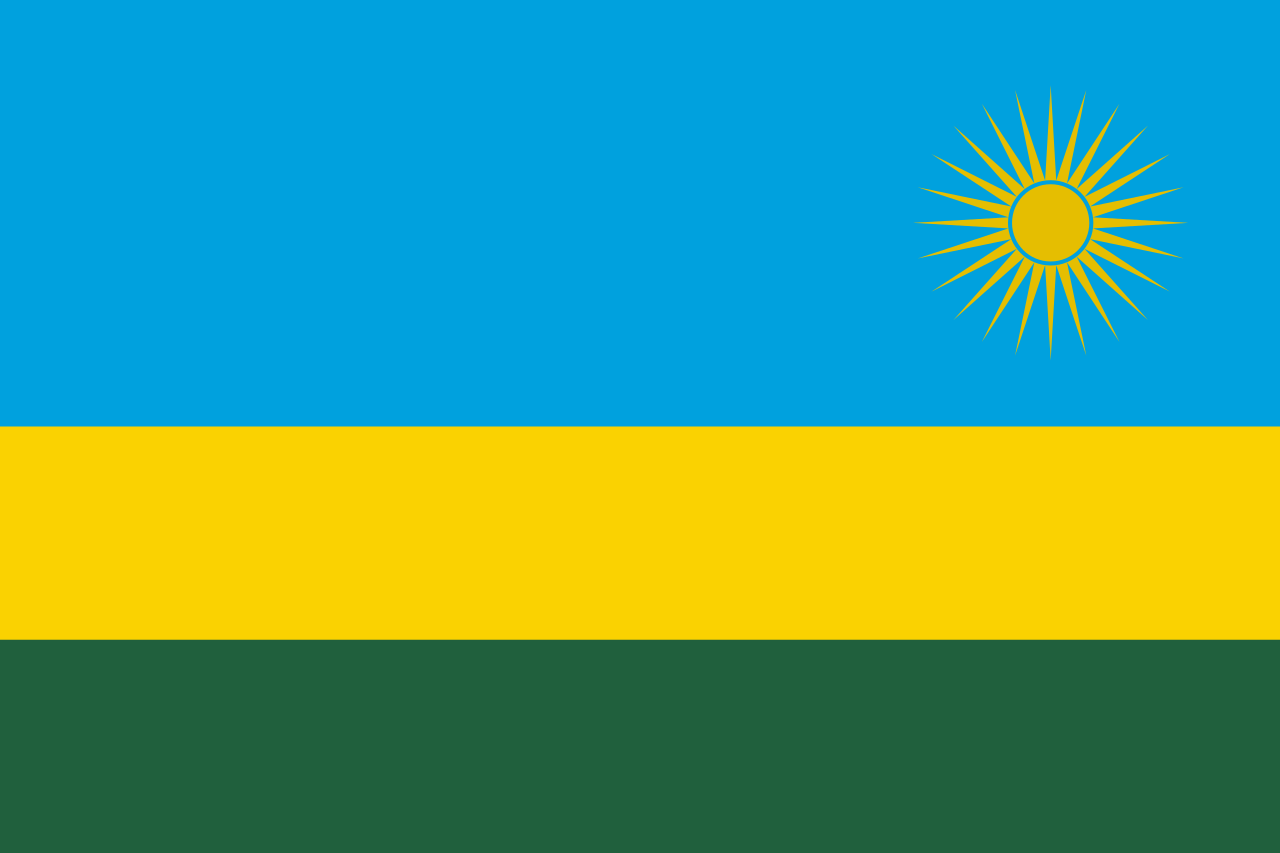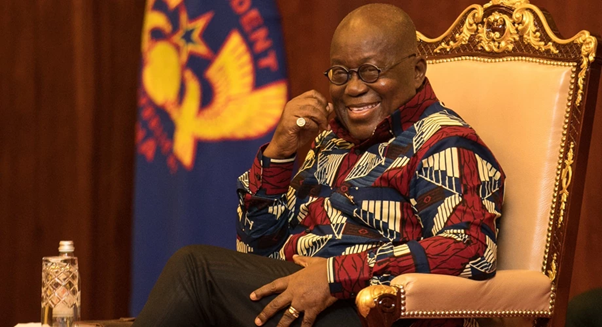For the Silicon Valley based company, Ghana was chosen ahead of other countries because it is seen: “as a champion for democracy, Ghana is a supporter of free speech, online freedom, and the Open Internet, of which Twitter is also an advocate.”
A GROUP of Rwandan refugees living in Zimbabwe are refusing to be repatriated, five years after losing their refugee status.
Some 140 people, who are living in the Tongogara Refugee Camp in eastern Zimbabwe, had their refugee status revoked in 2013 by the United Nations after assurances given by the Rwandan government that their safety back home was guaranteed.
However, the group protested the UN decision and their stay was extended by two years to 2015. Now the host country is insisting that it is time for them to return home.
"The position of the government has not changed," Tongogara camp administrator Johanne Mhlanga said. "They are expected to return home in line with refugee laws."
The refugees however say they prefer to be permanently resettled in Zimbabwe.
"No one here wants to return home," Rwandan community leader at the Tongogara Refugee Camp Philip Sindayigaya told a local publication. "We want to stay in Zimbabwe because what we ran away from is still there.
"We have been appealing for Zimbabwean citizenship. We have noted that other nationals have benefited or been resettled, and we want similar treatment."
In 2017, then Tongogara Refugee Camp administrator Meshack Zengeya said failure to repatriate the refugees or give them citizenship after the cessation of their status could create problems for Zimbabwe.
"I am certain that the security ministries will have a problem with these people when they disappear into the community," Mr Zengeya said. "So it is an issue in which the Rwandan community are requesting for local integration."
Rwanda has been relatively stable for some time, but some Hutu refugees prefer to be settled in third countries. - Bulawayo24








